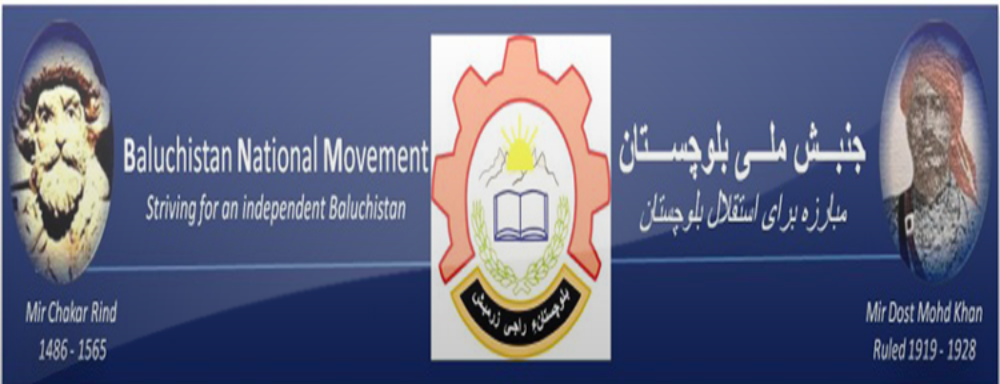ERBIL, Kurdistan Region (Kurdistan24) – An Iranian official stated on Wednesday that Tehran has a condition to accept re-drawing the borders of the Middle East, quick to add that Iranian Kurds are not oppressed.
Iranian consulate general in the province of Sulaimani in the Kurdistan Region, Saadullah Masudian, told Kurdistan24 that “Islamic Republic of Iran agrees to end the Sykes-Picot agreement and make new changes in the borders only if the people of the region demand it, without the interference of the external powers.”
About Kurdish referendum in the Kurdistan Region that is planned to be held by the end of 2016, he said, “I believe Kurds should be focusing on strengthening their economy in such crisis rather than opening another border crossing [on the south with Iraq].”
Masudian also highlighted the current situation of Kurds in the Iranian Kurdistan (Rojhalat), boasting they should not call for independence because their rights are respected.
“Why would Kurds call for independence in Iran when they are a minority and almost all their rights have been provided?” he asked.
The claim to equality and justice for Iranian Kurds contradicts international human rights organizations’ repeated condemnation of the astonishingly high rates of execution in Iran and the unproportionate number of the imprisoned Kurdish political and human rights activists.
Kurdish analysts believe that Iran is one of those countries that strongly stands against any changes in today’s boundaries of the region.
“Iran is a country that wants to preserve the status quo, and they are against any changes in the Middle East,” Khalid Khayati, a Kurdish-Iranian Political Science professor at the University of Sulaimani, told Kurdistan24.
Moreover, Dr. Peshawa Abdulkhaliq, another university lecturer states that touching borders near Iran is a red line for Tehran.
One hundred years have passed since the Sykes-Picot agreement that was created as a secret agreement during World War I on May 16, 1916, between the superpowers, including Great Britain and France with the assent of imperial Russia, for the dismemberment of the Ottoman Empire.
The agreement resulted in today’s Middle East. Kurds see themselves as one of the primary victims of the agreement. What is known as the Greater Kurdistan has been divided mainly between four countries: Turkey, Iran, Iraq and Syria.
Kurds are one of the largest nations in the world without a country. Now, Kurdish officials in the Kurdistan Region of Iraq are calling for an independence referendum. They believe that Kurds should have the right to decide on their future.
Reporting by Hazha Ghafour and Mewan Dolamari
Editing by Ava Homa

 “Islamic Republic of Iran agrees to end the Sykes-Picot agreement and make new changes in the borders only if the people of the region demand it, without the interference of the external powers.”
“Islamic Republic of Iran agrees to end the Sykes-Picot agreement and make new changes in the borders only if the people of the region demand it, without the interference of the external powers.”